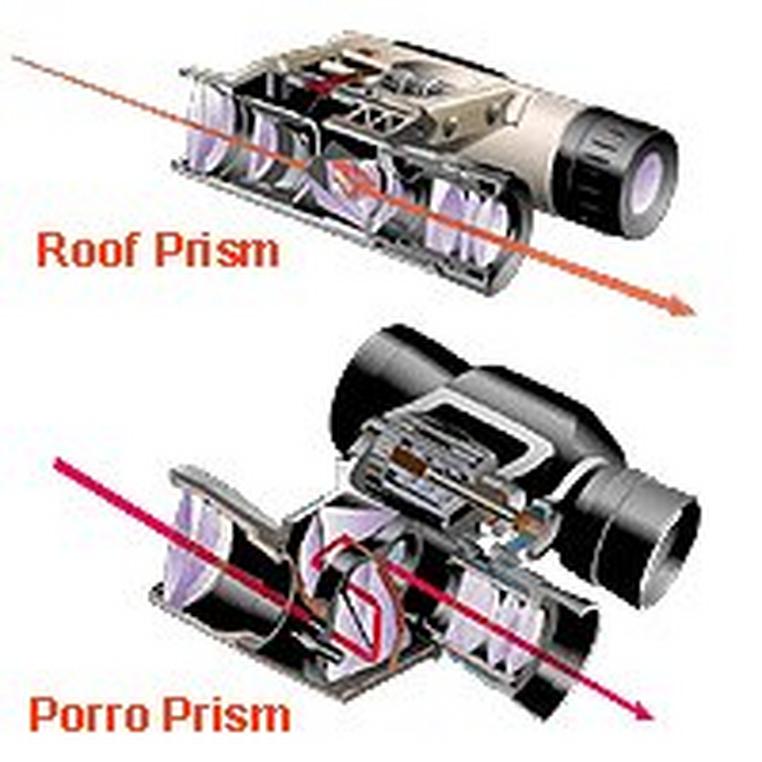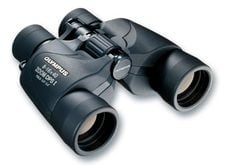A Complete Overview to Comprehending Binoculars Magnification and Quality
A Complete Overview to Comprehending Binoculars Magnification and Quality
Blog Article
The Significance of Field Glasses in Education and Scientific Research: How These Optical Instruments Add To Knowing and Expedition
The assimilation of field glasses right into instructional setups and clinical research study is usually ignored, yet their payment to boosting observational abilities is considerable. In techniques varying from environmental scientific research to astronomy, field glasses offer as necessary tools that advertise query and important reasoning.
Enhancing Observational Skills
In academic and study setups, the use of binoculars dramatically boosts empirical abilities amongst trainees and professionals alike. These optical instruments help with a deeper understanding of distant topics, making it possible for customers to observe information that would otherwise remain undetected. By using field glasses, students can take a look at wildlife, astronomical sensations, and geological developments, promoting a more extensive link to the topic.
Binoculars function as important tools in area studies, encouraging pupils to involve actively with their environment. Via improved observation, they can collect data more effectively, leading to boosted logical abilities. This hands-on experience enables the growth of essential reasoning, as pupils have to interpret what they see and relate it to academic understanding.

Bridging Theory and Method
Empirical abilities developed with making use of binoculars naturally cause an extra profound integration of theoretical expertise with practical application. By participating in direct monitoring, students can transform abstract concepts right into substantial experiences. This synergy promotes a much deeper understanding of clinical principles as students link academic structures with real-world sensations.
As an example, when examining bird biology, students can apply their expertise of bird makeup and behavior with the lens of field glasses, observing attributes such as plumage variant, feeding habits, and migratory patterns. This direct engagement not just enhances academic principles but likewise cultivates essential reasoning and analytical skills.
Furthermore, the usage of field glasses urges students to create theories based upon their monitorings, therefore boosting their clinical query abilities. They can actively evaluate these hypotheses in the field, causing an extra experiential knowing atmosphere that promotes inquisitiveness and expedition.
Essentially, field glasses serve as an important tool in linking the space between classroom knowing and fieldwork - Binoculars. They equip trainees to end up being active participants in their education and learning, urging an alternative method to recognizing the all-natural world and its intricacies. Thus, the assimilation of theory and technique is vital for fostering educated and engaged students
Applications in Environmental Science
Using binoculars in ecological scientific research improves the capacity to observe and analyze ecological communities with higher precision. These optical instruments are necessary for conducting area studies, allowing scientists to keep track of wild animals populaces, evaluate plant wellness, and evaluate environment conditions without interrupting the native environment. Field glasses facilitate the identification of types at numerous distances, enabling researchers to collect crucial data on biodiversity and actions.
In ecological research, binoculars are crucial tools for ornithologists examining avian actions and movement patterns. They enable researchers to tape-record monitorings over long periods, contributing to useful longitudinal studies - Binoculars. Furthermore, field glasses play an essential role in habitat evaluations, as they enable for the thorough observation of plant communities and their interactions within environments
Ecological educators also gain from binoculars, as these instruments improve experiential discovering possibilities. Pupils can engage directly with their surroundings, promoting a much deeper appreciation for environmental systems. By integrating field glasses right into instructional programs, teachers can motivate the following generation of ecological researchers.
Role in Astronomy Education
The usage of field glasses in astronomy hop over to these guys education offers an obtainable portal for students and enthusiasts to explore celestial sensations (Binoculars). Unlike big telescopes, field glasses are mobile, user-friendly, and relatively cost-effective, making them a perfect initial device for observing the night skies. Trainees can easily involve with the universes, cultivating a hands-on knowing experience that enhances their understanding of expensive ideas
Binoculars allow customers to observe a range of celestial things, including the Moon, earths, and celebrity clusters. This ease of access encourages expedition and observation, vital components of clinical questions. Pupils can develop vital skills such as data collection, monitoring strategies, and even standard astrometry. Significantly, visit here binoculars function as a bridge to much more intricate huge tools, supplying foundational experiences that can stimulate much deeper rate of interest in the area.
In academic setups, guided binocular sessions can advertise team collaboration and discussion, boosting the learning experience. The shared experience of observing celestial objects can cultivate a sense of neighborhood amongst students. In general, field glasses play an essential function in debunking astronomy, making it friendly and engaging for individuals in any way degrees of education.

Inspiring Inquisitiveness and Query
Field glasses not only assist in the observation of celestial sensations but likewise ignite a sense of inquisitiveness and inquiry amongst pupils. By offering a more detailed look at far-off objects, field glasses urge students to ask concerns and explore the setting around them. This device changes passive understanding into an active, engaging experience, promoting a much deeper understanding of clinical concepts.
When pupils make use of field glasses to observe wildlife, landscapes, or huge objects, they develop observational skills that are vital for scientific query. The act of concentrating on specific information prompts them to formulate hypotheses, conduct examinations, and draw conclusions based on their monitorings. This procedure not only boosts their crucial thinking capabilities however likewise nurtures a lifelong enthusiasm for exploration.
Additionally, field glasses can connect the space between theoretical understanding and real-world application. As trainees observe phenomena firsthand, they can link classroom learning to practical experiences, making education more relevant and purposeful. Inevitably, using field glasses in academic settings functions as a catalyst for curiosity, encouraging pupils to seek understanding with interest and fostering a feeling of marvel regarding the world around them. By doing this, field glasses play an essential function in inspiring future generations of scientists and thinkers.
Final Thought
In recap, binoculars work as crucial devices in education and clinical research study, substantially enhancing empirical skills while linking the space between academic knowledge and sensible application. Their varied applications in fields such as environmental scientific research and astronomy highlight their importance in cultivating inquisitiveness and query among pupils. By promoting in-depth assessments of far-off topics, binoculars not only inspire the future generation of scientists however additionally grow an This Site extensive gratitude for exploration and the scientific technique.
Report this page